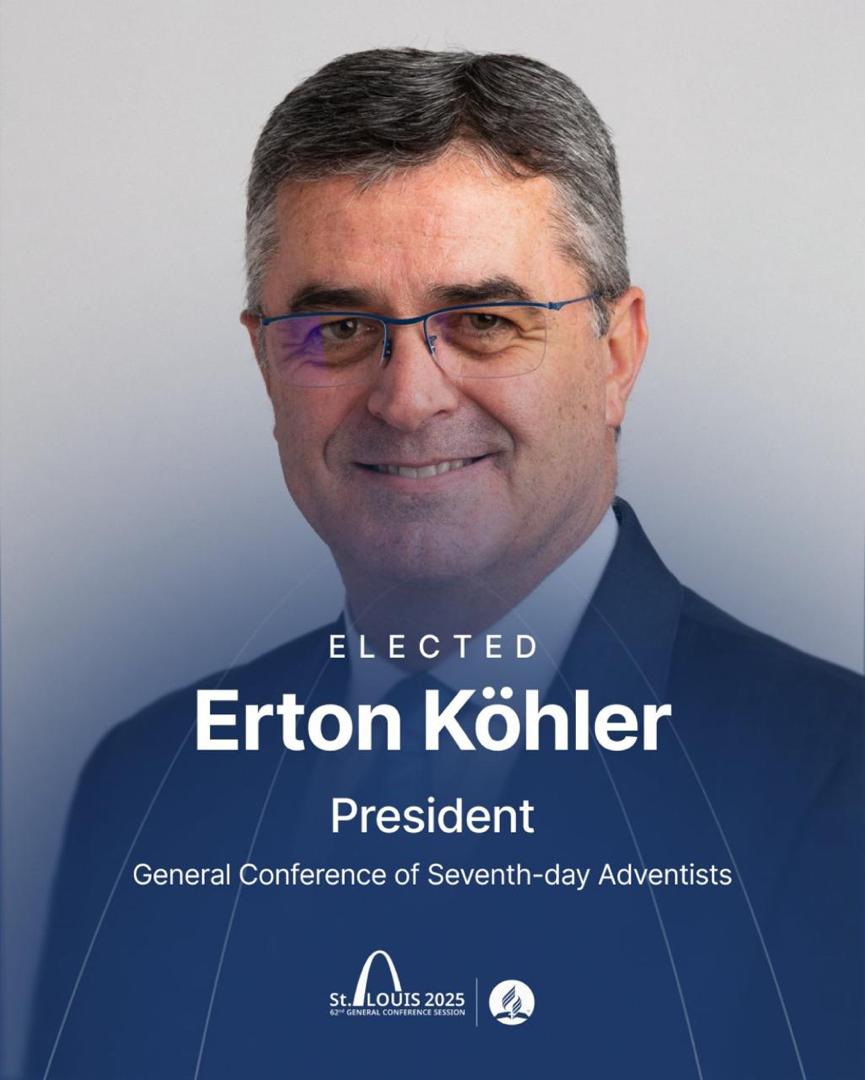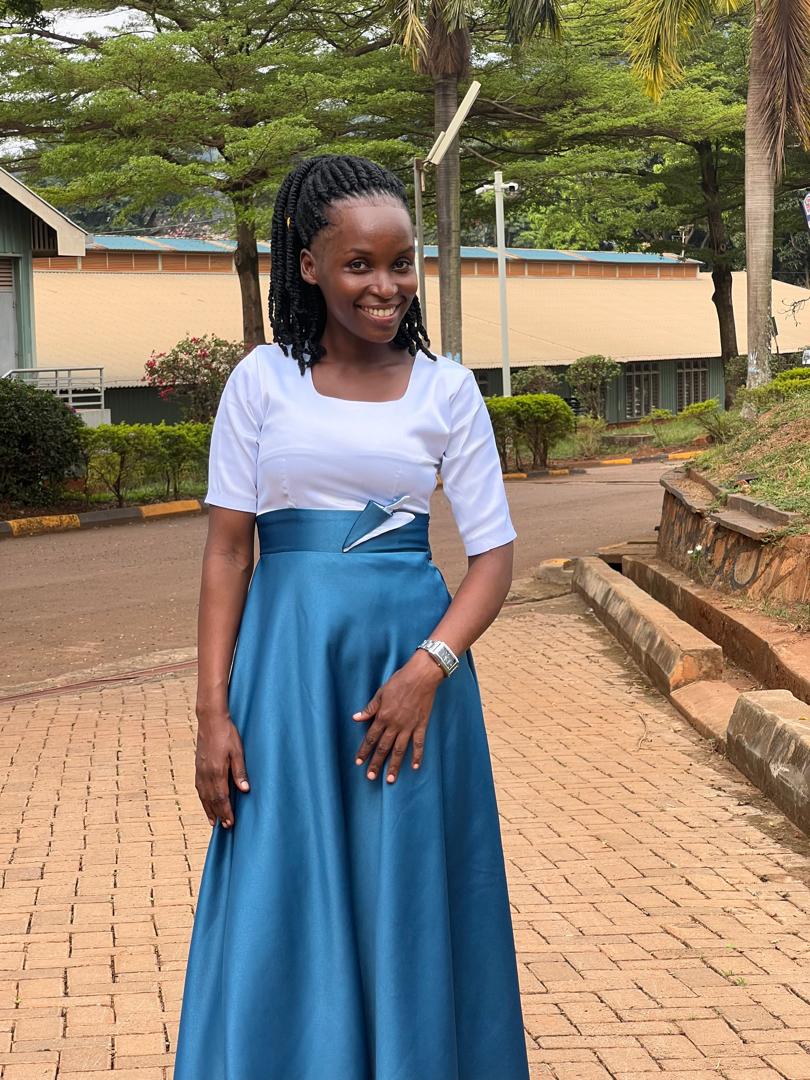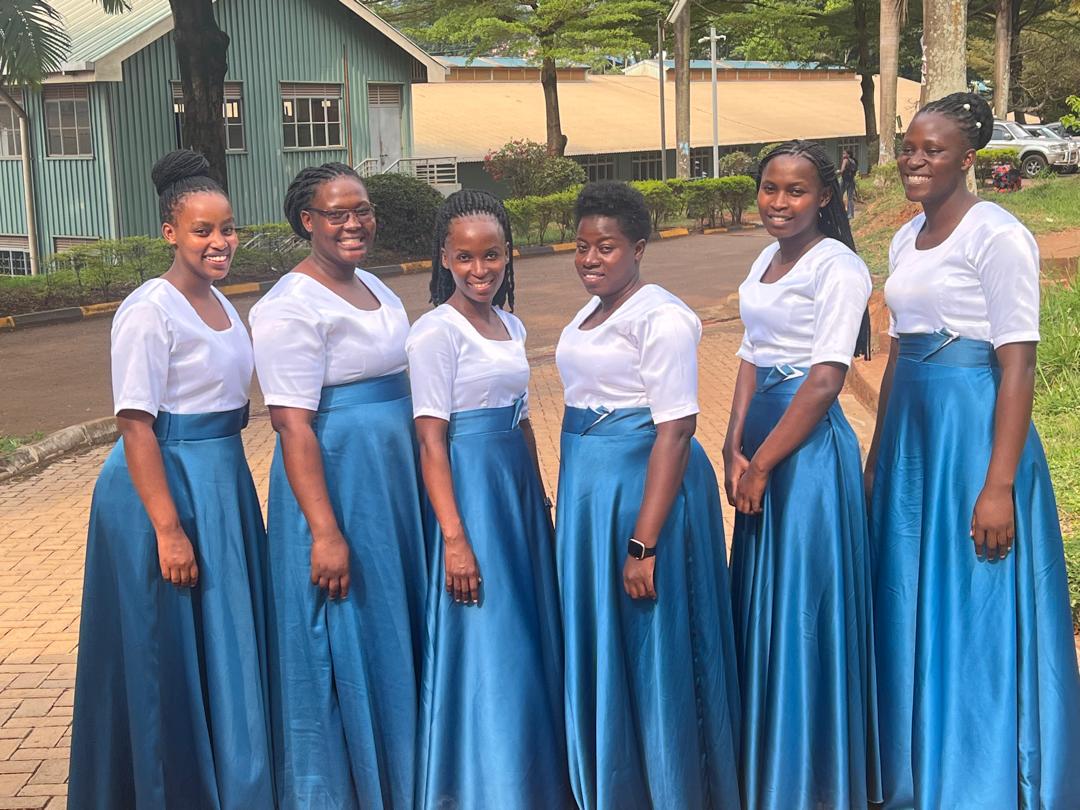The New Leadership of the Seventh-day Adventist Church: A Global Vision for Unity and Mission
The 62nd General Conference Session of the Seventh-day Adventist Church, held in July 2025 in St. Louis, Missouri, marked a significant turning point in the global church’s leadership. With leaders elected from around the world to serve for the next five years, the session emphasized unity, youth engagement, mission focus, and cultural diversity. The newly appointed leaders are set to steer the church through an era marked by rapid change, increasing digital engagement, and a global hunger for spiritual direction.
Erton C. Köhler – General Conference President
Erton C. Köhler was elected as the new President of the Seventh-day Adventist Church, becoming the first South American to hold this position. With a strong pastoral and administrative background, Köhler previously served as Executive Secretary of the General Conference and before that, as President of the South American Division for over a decade. His election represents a new chapter in global leadership, one rooted in mission, accountability, and cross-cultural inclusivity.
Köhler’s leadership is expected to focus on nurturing global unity within the church, increasing the involvement of youth and women in ministry, and leveraging technology and media for evangelism and discipleship. His experience in leading a vibrant and fast-growing region like South America positions him well to address the diverse needs of a global Adventist family.
Richard E. McEdward – General Conference Secretary
Richard McEdward was elected as the new Secretary of the General Conference. Known for his missionary spirit and experience in complex environments, McEdward previously led the Middle East and North Africa Union. His new role will involve overseeing the Church’s global records, administrative systems, policy coordination, and organizational structure. He brings a strategic mindset, particularly in mission fields where the church faces religious, social, and political challenges.
Paul H. Douglas – General Conference Treasurer
Paul Douglas was re-elected as Treasurer of the General Conference, having already served with distinction in this role. A Certified Public Accountant and financial leader, Douglas brings years of experience in church auditing and finance. His re-election reflects a desire for continuity, transparency, and sound financial stewardship across the global church network. He will oversee budgeting, financial reporting, and stewardship initiatives, ensuring that church resources are used effectively to support mission and ministry worldwide.
Vice Presidents and Executive Support
The General Conference reaffirmed several Vice Presidents to support the administration of global church operations. These include Thomas Lemon, Audrey Andersson, Pierre Omeler, Artur Stele, Saw Samuel, Leonard Johnson, and Robert Osei-Bonsu. These individuals represent various regions of the world and contribute to global decision-making, doctrinal discussions, and mission strategies. Their collective experience ensures that the church’s leadership remains diverse, balanced, and responsive to local contexts.
Division Presidents: A Regional Reflection of Global Diversity
Alongside General Conference leaders, presidents of the 13 world divisions were elected or reaffirmed. These leaders oversee church operations in their respective regions and also serve as General Conference Vice Presidents.
Some notable appointments include Blasious Ruguri in East-Central Africa, Harrington Akombwa in Southern Africa-Indian Ocean, Abner De Los Santos in Inter-America, and G. Alexander Bryant in North America. The inclusion of these leaders highlights the growing influence of Africa and Latin America within the global church, as well as the Church’s commitment to regional leadership.
Their roles involve coordinating evangelism, education, health, communication, and administrative work across countries and cultures, adapting global mission goals to local needs.
Vision for the Future: Priorities of the New Leadership
The new leadership team has signaled a set of key priorities for the 2025–2030 term:
1. Unity in Diversity
In a time of political, cultural, and generational divides, the leadership is calling for stronger unity within the global Adventist community. This includes greater cooperation among divisions, more inclusive policies, and a spirit of mutual respect.
2. Youth and Women Engagement
Recognizing the need to develop the next generation of leaders, the new leadership is committed to creating more space for youth and women in leadership, ministry, and decision-making processes. There is growing consensus that for the Church to thrive, it must fully harness the gifts and potential of all its members.
3. Digital Evangelism and Media Ministry
There will be a renewed investment in digital platforms, social media, and online evangelism to connect with younger generations and secular audiences. The COVID-19 pandemic accelerated the Church’s digital presence, and leaders are keen to build on this momentum.
4. Financial Transparency and Sustainability
Under the financial leadership of Paul Douglas, the Church plans to strengthen financial accountability, simplify reporting systems, and ensure that resources reach frontline mission work, especially in underserved areas.
5. Mission Recommitment
The mission remains central to all planning. With rapid church growth in the Global South, particularly in Africa, Asia, and Latin America, the new leadership is focused on disciple-making, public evangelism, and church planting. There is also an emphasis on revitalizing mission work in regions where Adventist presence is declining.
Conclusion
The new leaders of the Seventh-day Adventist Church bring with them a wealth of experience, cultural diversity, and spiritual vision. Their election reflects a global church that is growing, maturing, and adapting to meet the challenges of a complex world. As they begin their term, members around the world look forward to a quinquennium of renewed purpose, inclusive leadership, and bold mission. The future of the SDA Church rests in capable hands—leaders committed not only to policy and structure, but to the gospel commission of taking Christ to all nations, tribes, and people.


